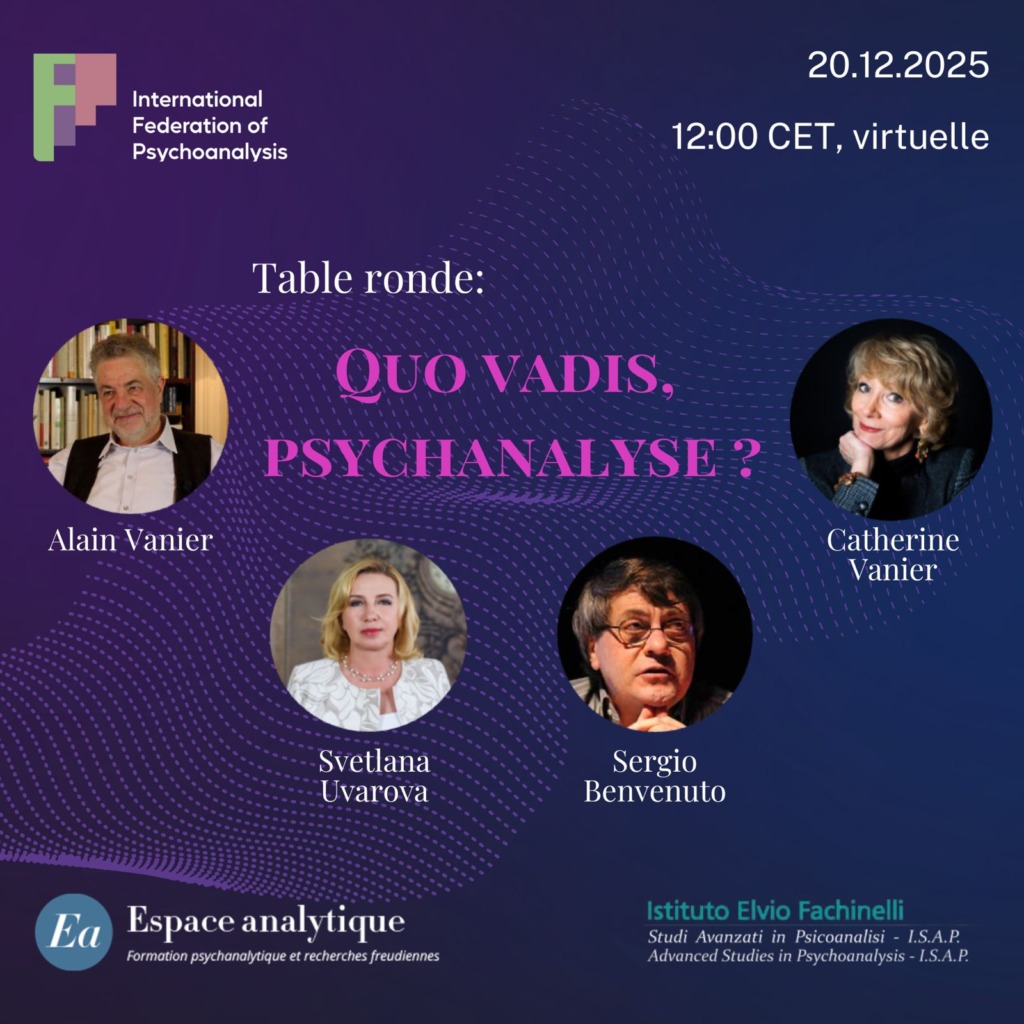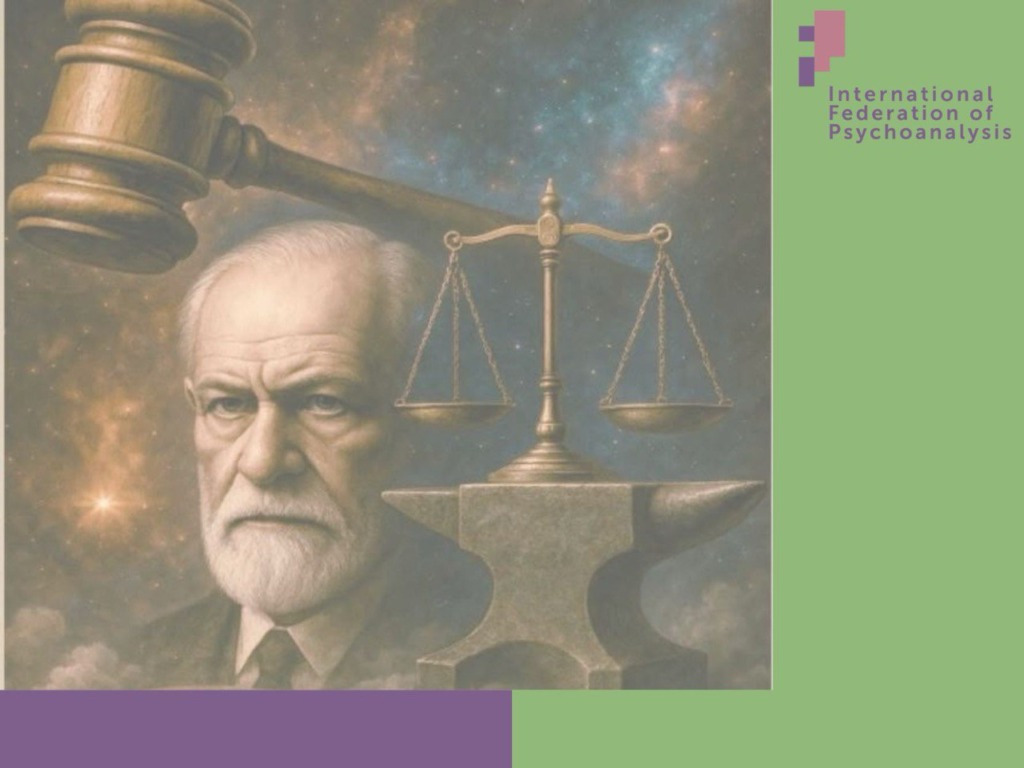The current impact of war terrorism and extremism of all kinds raises questions about clinical practice, and leads us to rethink our listening devices. Indeed, psychoanalysts are increasingly challenged by the traumatic effects of current outbreaks of violence and forced exile. What are the consequences of these extremes for subjectivity? How can we welcome and listen to subjects who are exposed to them and/or who have been forced to leave their country? What place should be given to the unthinkable and to the difficulty of expressing the horror suffered, a difficulty that can be exacerbated when faced with language and cultural differences?
This paper will focus on these forms of cruelty and their impact on the psyche. The aim is to rethink clinical work in the face of suffering that is difficult to express. The first step will be to consider how psychoanalysis can shed light on the subject.
The case of a refugee patient in France, who suffered terror in her country of origin, will then enable us to study the processes at work in the transformation and/or translation of trauma. Through this case study, we’ll open up questions about the treatment process in the face of cultural differences.”
Rajaa Stitou is a psychoanalyst and HDR lecturer at the University of Montpellier 3, and a member of the LPCPP UR 32 78 Laboratory of Clinical Psychology, Psychopathology and Psychoanalysis at Aix Marseille University.
Her publications focus on
- the clinic of the subject in its articulation with the social bond;
- new expressive forms of suffering
- contemporary trials of exile and foreignness;
- creativity, language trauma and extreme situations.



